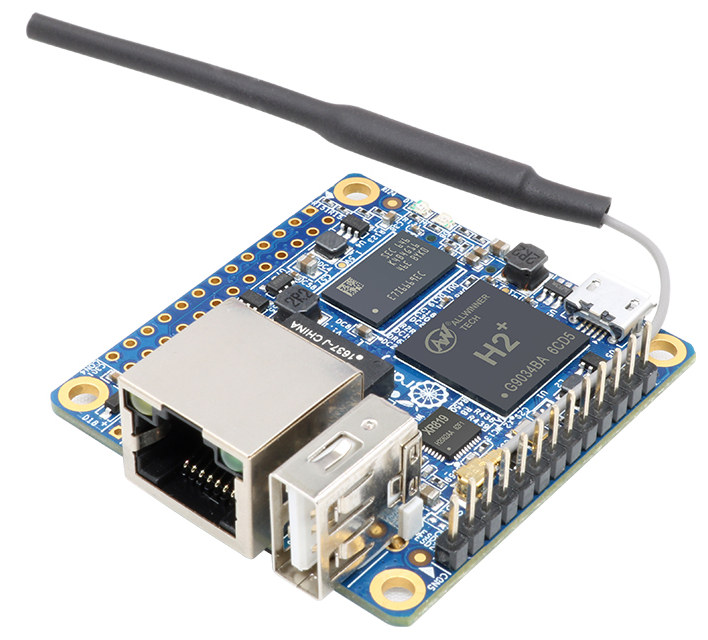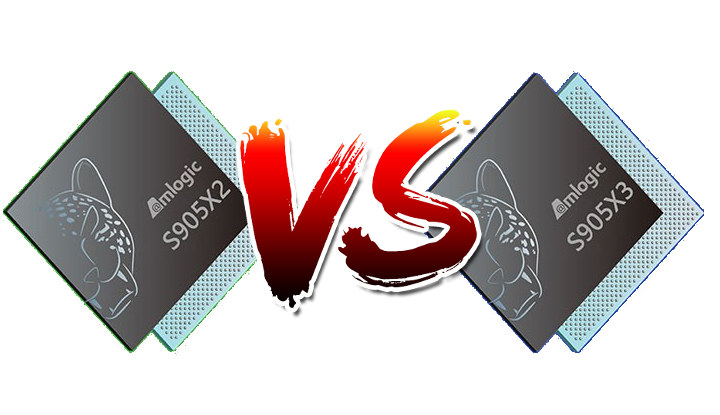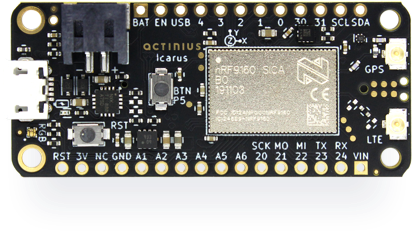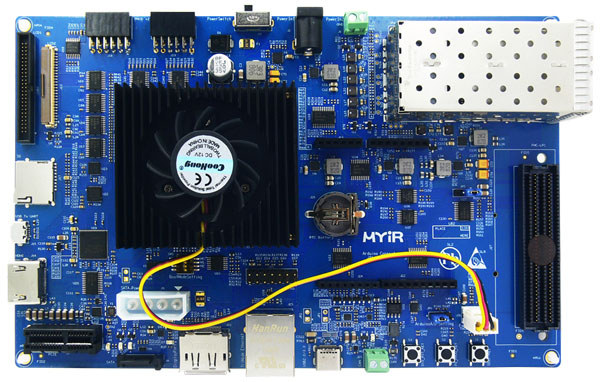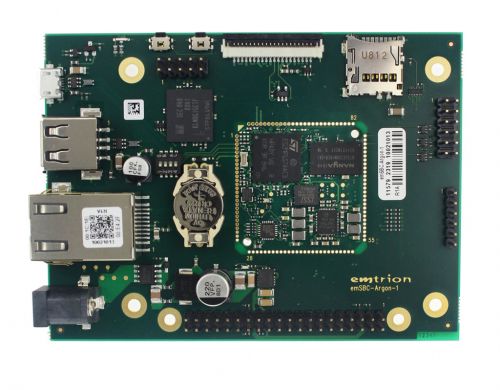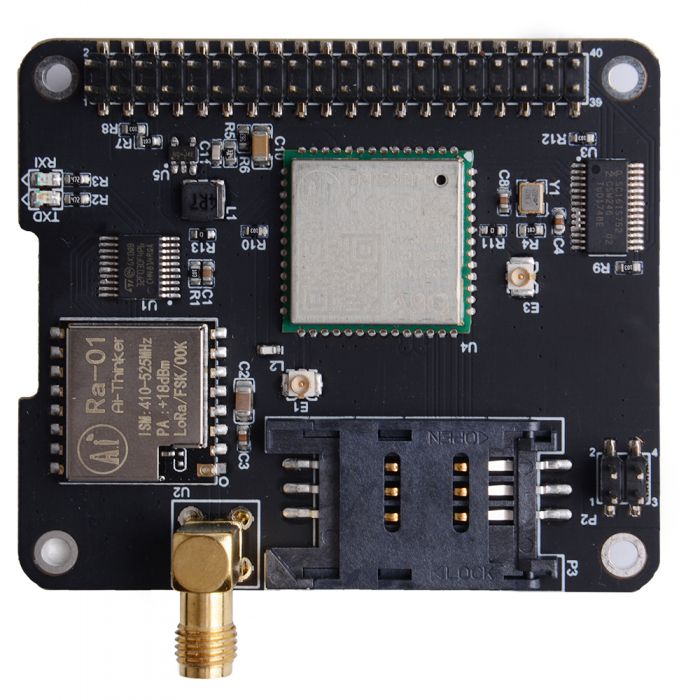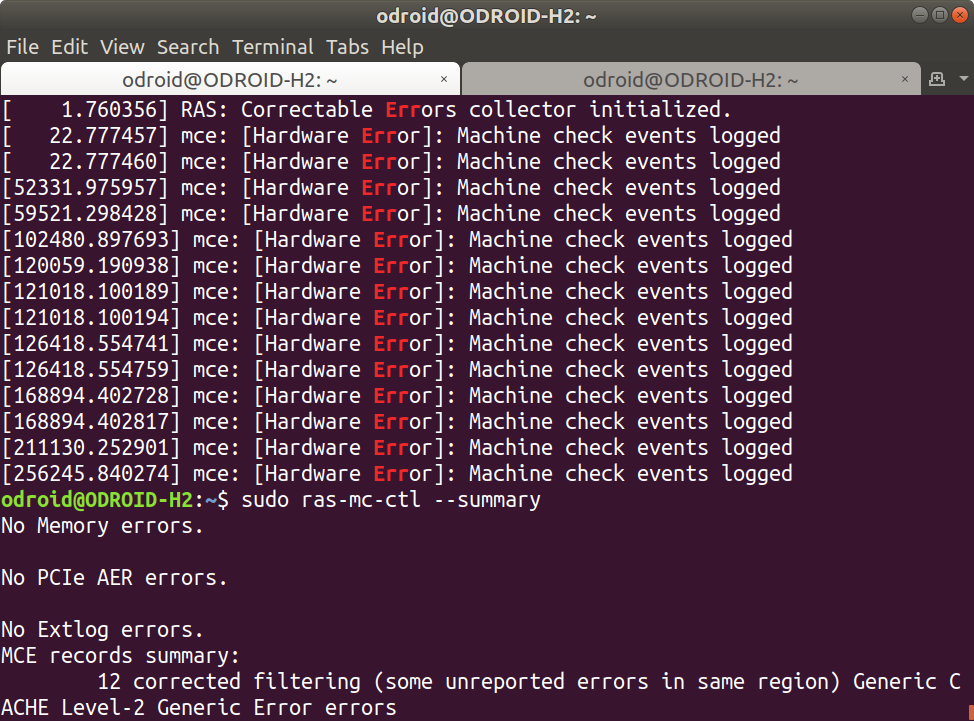NAND flash was invented by Toshiba Memory in the early 80’s before launching commercially in 1987, and the company kept innovating over the years and introduced BiCS FLASH 3D flash memory in 2018. However Toshiba Memory is now a separated entity from Toshiba Corp as both separated in April 2017, before the former becoming a fully independent company in June 2018 after it was acquiered by a consortium led by Bain Capital, and including SK Hynix, Apple, Dell Technologies, Seagate Technology and Kingston Technology. For that reason, EETimes reports Toshiba Memory will soon change name, and from October 1, 2019 will be known as Kioxia. The name combines words from Japanese and Greek languages with respectively “kioku” translating into “memory”, and “axia” meaning “value”, which the company says “reflects the value of memory in society driven by increasing amounts of active data through 5G, IoT and cloud computing”. This does […]
Orange Pi Zero LTS Allwinner H2+ SBC Gets More Efficient and Cooler
Orange Pi Zero is a cool little Arm Linux board based on Allwinner H2+ processor for headless applications requiring WiFi and/or Ethernet that was first launched in November 2016 for $7 and up. It was not launched without controversy, as first users had various issues with the Allwinner XR819 WiFi module, but I had no such problem when I made an Orange Pi Zero Google Assistant smart speaker. Nevertheless, Shenzhen Xunlong Software is about to launch a newer version of the board – Orange Pi Zero LTS -, with the same specifications, but improvements in the design in order to reduce power consumption, and lower the board’s temperature. As the name implies, the company will commit to long term support (i.e. long term availability) for the board, but they did not tell me for how many years. Orange Pi Zero LTS v1.5 specifications: SoC – Allwinner H2+ quad-core Cortex A7 […]
Amlogic S905X2 vs S905X3 – Features Comparison
Despite Arm claiming Cortex-A55 core would bring some performance improvements, we’ve recently seen actual Amlogic S905X3 benchmarks show the performance compared to Amlogic S905X2 Arm Cortex-A53 is almost identical (3% improvement for S905X3 CPU, 9% for the GPU). So Amlogic S905X3 TV box processor must differentiate itself from its predecessor by its additional features, and while we published the detailed specifications of Amlogic S905X3 processor a few months ago, we did not provide a side-by-side comparison table just yet. So here’s one courtesy of SDMC (with some corrections). SoC Amlogic S905X2 Amlogic S905X3 CPU 4x Arm Cortex-A53 @ 1.80 GHz 4x Arm Cortex-A55 @ 1.91 GHz Neural Network Accelerator N/A Optional 1.2 TOPS NNA GPU Mali-G31 MP2 with OpenGL ES 3.2, Vulkan 1.0, and OpenCL 2.0 Always-on MCU Cortex-M3 & Cortex-M4 (Optional ) Cortex-M3 & Cortex-M4 DDR DDR3-2133 /DDR3L-2133 / DDR4-2666 /LPDDR3-2133 /LPDDR4-3200 SDRAM up to 4G DDR3-2133 /DDR3L-2133 / […]
Icarus IoT Board Features nRF9160 GPS + NB-IoT SiP in Adafruit Feather Form Factor
The new Icarus IoT board from Actinius, uses the Nordic nRF9160 SiP, a powerful yet low power system in a package designed for use with GPS and LTE-M & NB-IoT cellular data, also found in Ruuvi node which we covered a few months ago. The board’s purpose is for mobility and ease of project tracking anywhere, and can be found in application scenarios such as fleet management and security, cargo tracking, or asset monitoring, and many more. The board has power inputs for solar panel, USB or LiPo/Li-Ion Battery, which widens the boards mobile nature, and on-site, in-the-field capability. Since the form factor follows Adafruit Feather, the Icarus board benefits of additional component options for prototyping and DIY electronics projects. The nRF9160, by Nordic Semiconductor, is a SiP (System in a Package) that carries an extensive line of embedded software and hardware. As we had reported the nRF9160 SiP low-power […]
MYIR Announces Xilinx Zynq UltraScale+ MPSoC SoM and Development Board
MYIR Technology has been selling Xilinx Zynq-7000 FPGA + Arm systems-on-module since 2016, but the Chinese company has now announced new modules based on the more powerful Xilinx Zynq Ultrascale+ MPSoC with Arm Cortex-A53 cores, Arm Cortex-R5 cores, and Ultrascale FPGA fabric, as well as a corresponding development board. MYC-CZU3EG Zynq UltraScale+ MPSoC CPU Module CPU module specifications: MPSoC – Xilinx Zynq UltraScale+ XCZU3EG-1SFVC784E (ZU3EG, 784 Pin Package) MPSoC with quad-core Arm Cortex-A53 processor @ 1.2 GHz, dual-core Cortex-R5 processor @ 600 MHz, Arm Mali-400MP2 GPU, and 16nm FinFET+ FPGA fabric (154K logic cells, 7.6 Mb memory, 728 DSP slices) System Memory – 4GB DDR4 @ 2,400MHz Storage – 4GB eMMC Flash, 128MB QSPI Flash On-module chips Gigabit Ethernet PHY USB PHY Intel Power Module Clock Generator 2x Samtec 0.5mm pitch 160-pin high-speed headers bringing out Networking – Gigabit Ethernet USB – USB 2.0 interface 4x PS GTR transceivers along with […]
Emtrion emSBC-Argon Features STM32MP1 Dual Cortex-A7 / M4 Processor
The latest board to use the STM32MP1 dual Cortex-A7 and the Cortex-M4 processor is the Emtrion emSBC-Argon, which adds to SBC’s such as the PanGu Board. The emSBC-Argon, is a powerful yet reasonably priced SBC that is feature-rich and out-of-the-box ready. The low-power needs of the board enable it to run real-time processing. Protocols such as PROFINET, EtherCAT, EtherNet/IP are all available and ready to run real-time processes and communication applications. Key Features: STM32MP157AAC processor from STMicroelectronics Arm Dual Cortex-A7 @ 650MHz – 2470 DMIPS Arm Cortex-M4 @ 200MHz – 250 DMIPS Co-processor: ARM Neon, FPU, and 3D GPU Operating system: Linux or Android Virtualization capable (Jailhouse) Up to 512 MB DDR3L SDRAM 8GByte (up to 64 GB) eMMC Flash Up to 8 MB of QSPI-NOR-Flash 2x FD-CAN 2.0 Dimensions: 104.5 x 77.5 mm The emSBC-Argon is capable of virtualization using Jailhouse, for those real-time functions that require breaking down […]
Docker Pi IoT Node(A) Adds LoRa, GPRS and GPS to Raspberry Pi Board
The Docker Pi IoT Node(A) is the latest addition to the Docker Pi series of modules meant to enhance IoT capability and expand on the Raspberry Pi family of SBCs. Although it is mountable on the Raspberry Pi SBC, the HAT form factor allows it to be used with other similar single board computers such as Rock64 board. The Docker Pi IoT Node(A) supports GPS/BDS (Beidou), GSM, and LoRa. The add-on board interfaces to the host over I2C, in order to control LoRa & GSM connectivity, as well as the GPS/BDS module through SC16IS752 chip. There are a number of code examples and instructions that can be found on the Wiki. The unit can also be controlled directly without programming, and all the GPIO pins are extended so the board can stack on other HAT compatible boards, in appropriate layers. Specifications GPRS section Low power consumption, standby sleep current <1mA […]
Checking Out Machine Check Exception (MCE) Errors in Linux
I recently reviewed ODROID-H2 with Ubuntu 19.04, and noticed some errors messages in the kernel log of the Intel Celeron J4105 single board computer while running SBC-Bench benchmark:
|
1 2 3 4 5 6 7 8 9 |
[180422.405294] mce: [Hardware Error]: Machine check events logged [180425.656449] mce: [Hardware Error]: Machine check events logged [180483.582825] mce_notify_irq: 17 callbacks suppressed [180483.582827] mce: [Hardware Error]: Machine check events logged [180484.991484] mce: [Hardware Error]: Machine check events logged [180594.700684] mce_notify_irq: 13 callbacks suppressed [180594.700686] mce: [Hardware Error]: Machine check events logged [180858.202115] mce: [Hardware Error]: Machine check events logged [181178.047031] mce: [Hardware Error]: Machine check events logged |
I did not know what do make of those errors, but I was told I would get more details with mcelog which can be installed as follows:
|
1 |
sudo apt install mcelog |
There’s just one little problem: it’s not in Ubuntu 19.04 repository, and a bug report mentions mcelog is not deprecated, and remove from Ubuntu 18.04 Bionic onwards. Instead, we’re being told the mcelog package functionality has been replaced by rasdaemon. But before looking into the utilities, let’s find out what Machine Check Exception (MCE) is all about from ArchLinux Wiki: A machine check exception (MCE) is an error generated by the CPU when the CPU detects that a hardware error or failure has occurred. Machine check exceptions (MCEs) can occur for a variety […]


